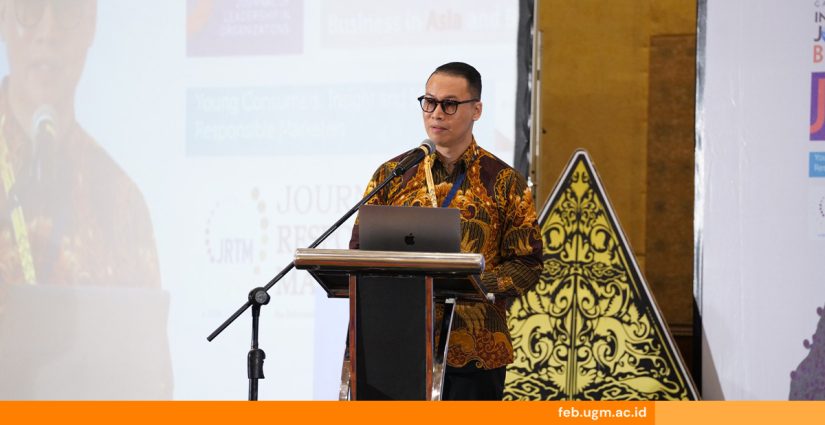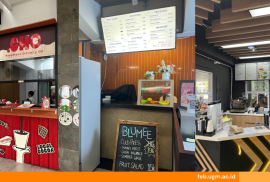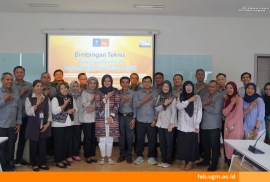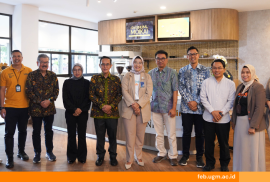
Significant changes are taking place in the global tourism industry. Today’s travellers, especially younger generations and international tourists, are increasingly concerned about the environmental impact of their travel activities. According to the 2024 Sustainable Travel Consumer Report by Trip.com Group and the Global Sustainable Tourism Council, more than 70% of travellers are willing to pay more for environmentally friendly travel experiences.
This trend underscores the urgency of transforming Indonesia’s tourism industry towards a more sustainable direction. If it does not adapt quickly, Indonesia risks falling behind other countries that have already integrated sustainability principles into their tourism practices.
“If we act now, starting with the education sector and workforce preparation, Indonesia has a great opportunity to lead this transformation,” said Andar Danova L. Goeltom, Assistant Deputy of Human Resources Capacity Improvement of the Apparatus and Vocational Education at the Ministry of Tourism and Creative Economy, during her keynote speech at The 13th Gadjah Mada International Conference on Economics and Business (GAMAICEB) organised by the Publication Unit of the Faculty of Economics and Business, University of Gadjah Mada, on Wednesday (23/7) at The Alana Hotel and Convention Centre, Sleman, Yogyakarta.
Andar Danova said that the key to the future of tourism lies in two main elements, namely green curriculum and green jobs. Education shapes the way of thinking, acting, and decision-making of future professionals, thus requiring a green curriculum in every tourism-related education programme. This curriculum is not merely adding courses on the environment, but integrating sustainability principles into all aspects of learning.
Meanwhile, green jobs represent the industry’s adaptation to changes in the labour market. As demand for environmentally friendly practices increases, the tourism industry must create new jobs unknown a decade ago. This shift presents a significant opportunity for Indonesia to enhance its global competitiveness.
Andar Danova further explained that to build a workforce that is ready to face the green transition, green skills are needed, which are a combination of a positive attitude towards climate issues (green mindset) and sustainability with cross-sector skills that enable employees to implement sustainable practices in their daily lives (generic green skills), as well as the technical skills needed to make new or existing jobs more environmentally friendly (specific green skills).
Regarding the green curriculum, Andar Danova mentioned two approaches in this curriculum. First is light greening, which focuses on technical skills such as energy efficiency or digital technology. Second, deep greening instills critical, collaborative, and adaptive thinking to produce agents of sustainable change in the tourism sector. By strengthening the green curriculum while preparing human resources for future green jobs, Indonesia will increase its chances of becoming a leader in sustainable tourism in Southeast Asia.
Report by: Kurnia Ekaptiningrum
Sustainable Development Goals










